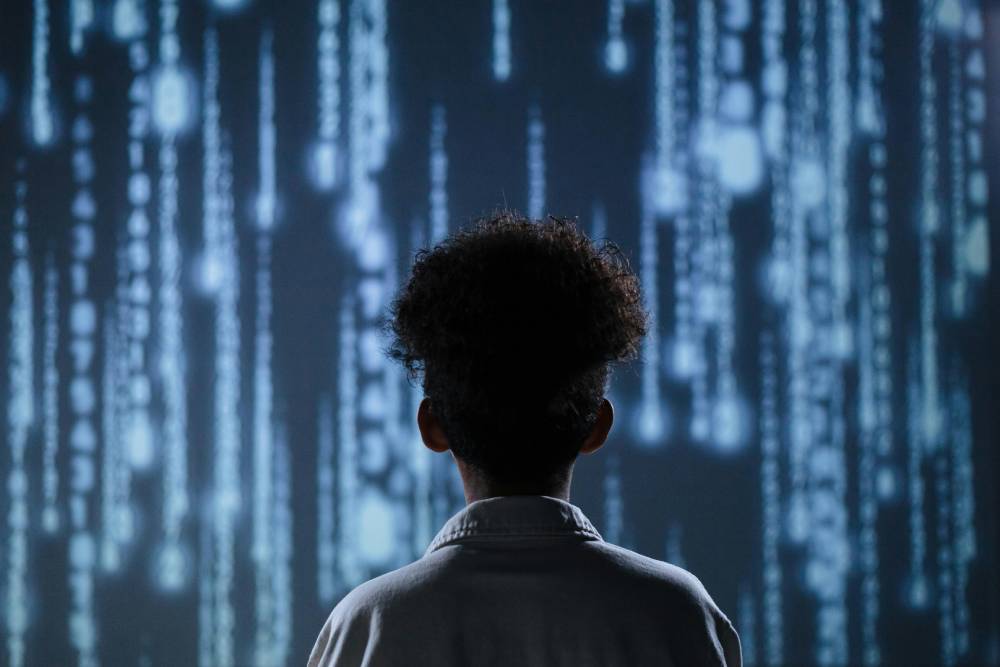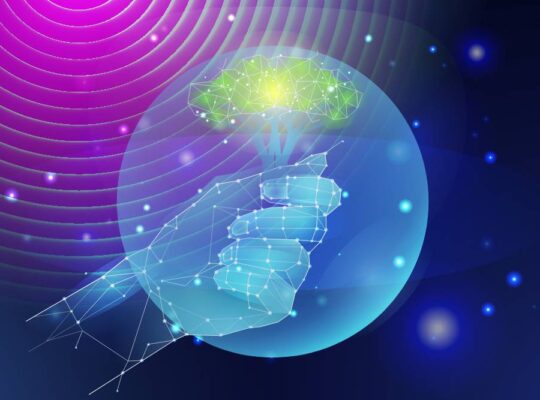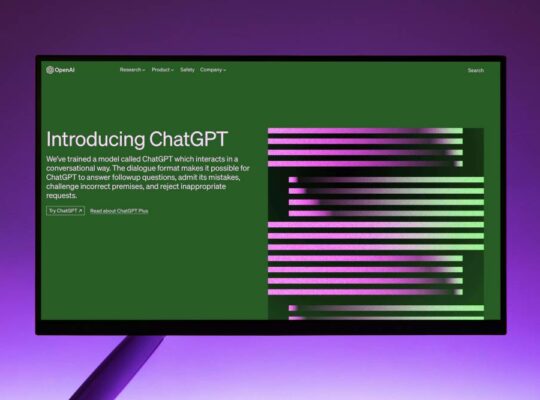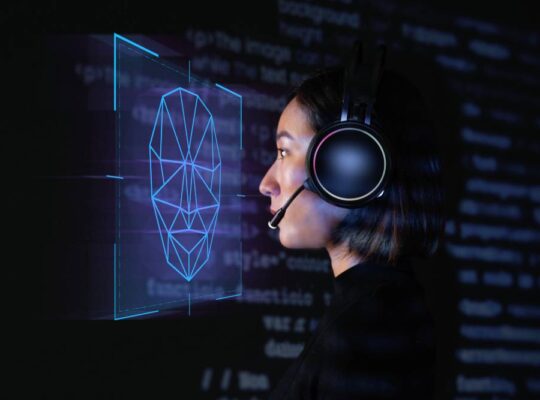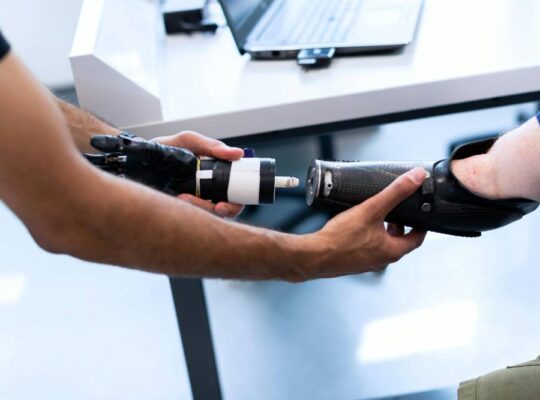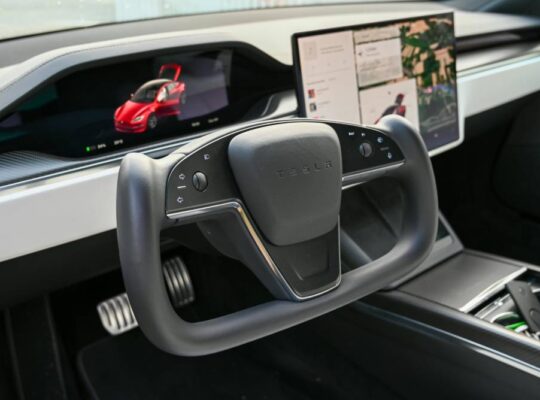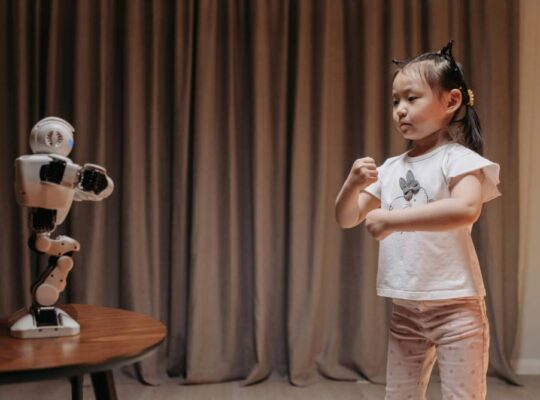AI-Powered Education: Transforming Learning Experiences
Artificial Intelligence (AI) is significantly impacting the education sector, revolutionizing how students learn and educators teach. By integrating AI into educational systems, learning experiences are becoming more personalized, accessible, and efficient. AI-powered tools and platforms are changing traditional classroom dynamics, enabling tailored education that meets the unique needs of each learner.
Personalized Learning Paths
One of the key benefits of AI in education is its ability to create personalized learning paths for students. Traditional education often follows a one-size-fits-all approach, but AI allows for customized learning experiences. AI algorithms analyze a student’s learning style, strengths, and areas of improvement, adapting the curriculum and lessons accordingly. This individualized approach helps students learn at their own pace, ensuring that they fully grasp each concept before moving on to the next topic. Personalized learning also boosts student motivation, as it aligns with their interests and needs, leading to better engagement and performance.
AI Tutors and Assistants
AI-powered tutors and virtual assistants are becoming increasingly common in educational settings. These intelligent systems are capable of providing instant feedback, answering questions, and guiding students through lessons. Virtual tutors are available 24/7, offering support whenever students need help, which is especially beneficial for remote or online learning environments. These AI tutors are capable of delivering real-time explanations, quizzes, and practice problems, helping reinforce learning outside of traditional classroom hours. By providing personalized attention, AI tutors support students in overcoming learning obstacles more efficiently.
Smart Content Creation
AI is also enhancing content creation in education. It allows for the development of adaptive learning materials that adjust to the pace and needs of each learner. AI tools can generate quizzes, assignments, and practice tests based on a student’s progress, ensuring that content remains relevant and challenging. Furthermore, AI systems can help in the creation of dynamic learning modules, such as interactive lessons, simulations, and immersive experiences. These technologies are changing the way educational materials are created, offering a more engaging and diverse learning experience for students.
Automated Administrative Tasks
Another way AI is transforming education is by streamlining administrative tasks. AI can automate routine administrative duties such as grading, scheduling, and managing student records. This helps reduce the administrative burden on teachers and allows them to spend more time on instructional activities. AI-driven analytics also enable educators to gain insights into student performance, identifying trends and potential issues that require attention. By automating these processes, AI not only improves efficiency but also enhances the overall management of educational institutions.
Increased Accessibility
AI-powered tools have also made education more accessible for students with disabilities. AI technologies such as speech recognition, text-to-speech, and real-time translation break down barriers and make learning materials more inclusive. For example, students with visual impairments can benefit from AI-driven screen readers, while those with hearing impairments can access AI-generated subtitles in real-time. AI is ensuring that learning is not limited by physical or cognitive challenges, providing equal opportunities for all students to succeed.
Data-Driven Insights for Teachers
For educators, AI provides valuable insights that help them tailor their teaching methods. By analyzing data from student performance, AI identifies patterns that help educators understand how well their students are grasping the material. This data allows teachers to identify which students may need additional support, as well as which topics may require more focus in future lessons. With AI-generated insights, educators can make data-driven decisions that improve classroom dynamics and foster a more effective learning environment.
The Future of AI in Education
As AI continues to evolve, its role in education will only expand. From AI-powered learning platforms to immersive virtual classrooms, the future of education is increasingly becoming more personalized, accessible, and technology-driven. The integration of AI tools can address various challenges in education, from improving student engagement to providing real-time feedback and enhancing teacher productivity. In the coming years, we can expect AI to play an even greater role in reshaping the way we learn and teach, providing new opportunities for students and educators alike.
Conclusion
AI-powered education is transforming learning experiences by creating personalized, efficient, and inclusive environments. With its ability to adapt to individual learning needs, automate administrative tasks, and provide valuable insights for educators, AI is paving the way for a more engaging and effective educational system. As these technologies continue to advance, AI will continue to revolutionize education, enhancing the way students learn and teachers teach across the globe.
Looking for a SEO based Website CLICK HERE
GO BACK TO HOME

